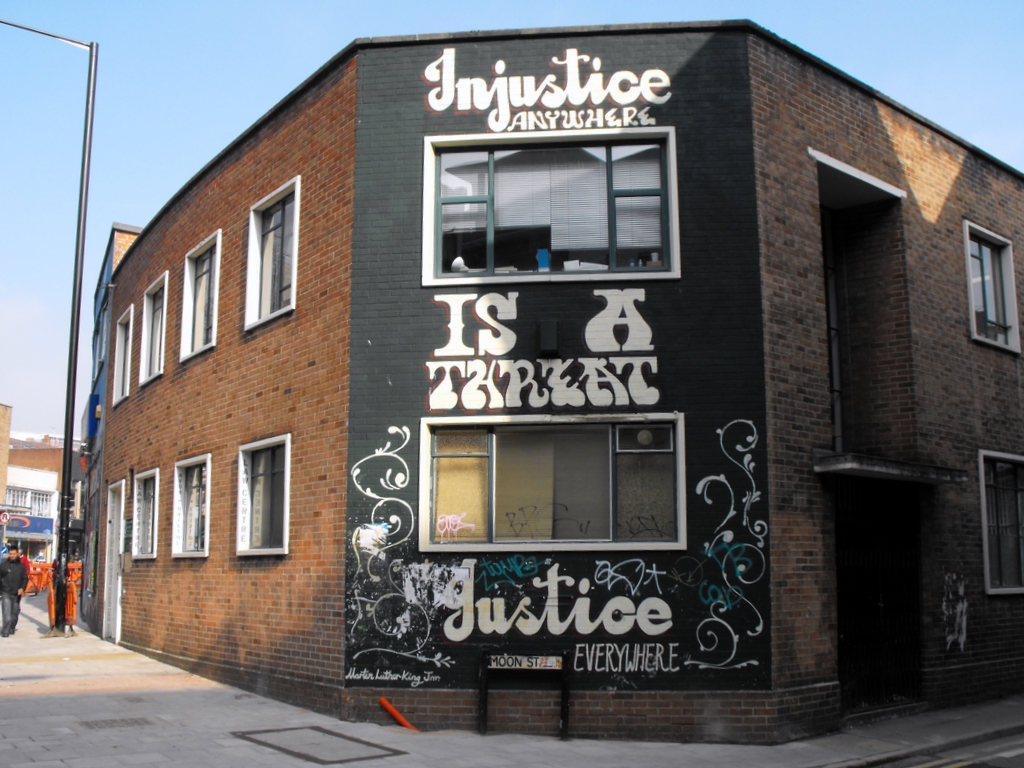The legal aid means test was set so low that families in poverty were being refused help to fight eviction, claimed the Law Society in its response to the government’s LASPO review. According to Chancery Lane, people on incomes as little as 10% below the minimum income standard (a figure based on what the public think we all need for a decent minimum living standard) had been excluded from legal aid which meant that ‘poverty-hit families’ were being denied ‘vital help to fight eviction, tackle severe housing disrepair and address other life-changing legal issues’.
The Law Society pointed out the means test denied anyone someone earning £17,000 legal aid in the magistrates’ court. ‘But after their contributions towards defence costs in the Crown court have been taken into account they end up with only about half the amount they need to cover living costs,’ it continued. According to the solicitors’ body, those on low incomes could end up ‘41% to 53%’ below the minimum income standard ‘leaving them with less than half of what they need for essential living costs’.
-
Justice in a Time of Austerity is a collaboration between Jon Robins of the Justice Gap and Dr Daniel Newman of Cardiff University supported by the City law firm Ashurst. Over the next 12 months Daniel and Jon will be reporting on the impact of the 2013 legal aid cuts
-
Articles will appear here and on the LegalVoice site
Research conducted by the Law Society reported that solicitors were routinely having to turn away people needing legal representation because funding no longer existed.
Christina Blacklaws, president of the Law Society, said that ‘if British justice still exists it is only for the wealthy, or the small number on very low incomes lucky enough to find a solicitor willing and able to fight a mountain of red tape to secure legal aid’. ‘That’s because the means test bites at such a low level and because more and more solicitors are giving up battling the bureaucracy and uneconomic rates of pay that accompany legal aid work, leading to growing advice deserts across the country.’
‘But there’s a swelling justice deficit here – if people cannot effectively enforce and defend their rights, then for all practical purposes those rights do not exist,’ Blacklaws continued. She argued that there was ‘clear evidence’ that providing legal aid for early legal help, particularly in housing and family matters, was ‘far more cost-effective than denying it’. ‘The justice system is facing a cliff edge scenario: civil, family and criminal defence solicitors are part of an increasingly ageing profession,’ said Blacklaws. ‘Government cuts mean there are not enough young lawyers entering fields of law covered by legal aid. What message does this send the world about our justice system?’







